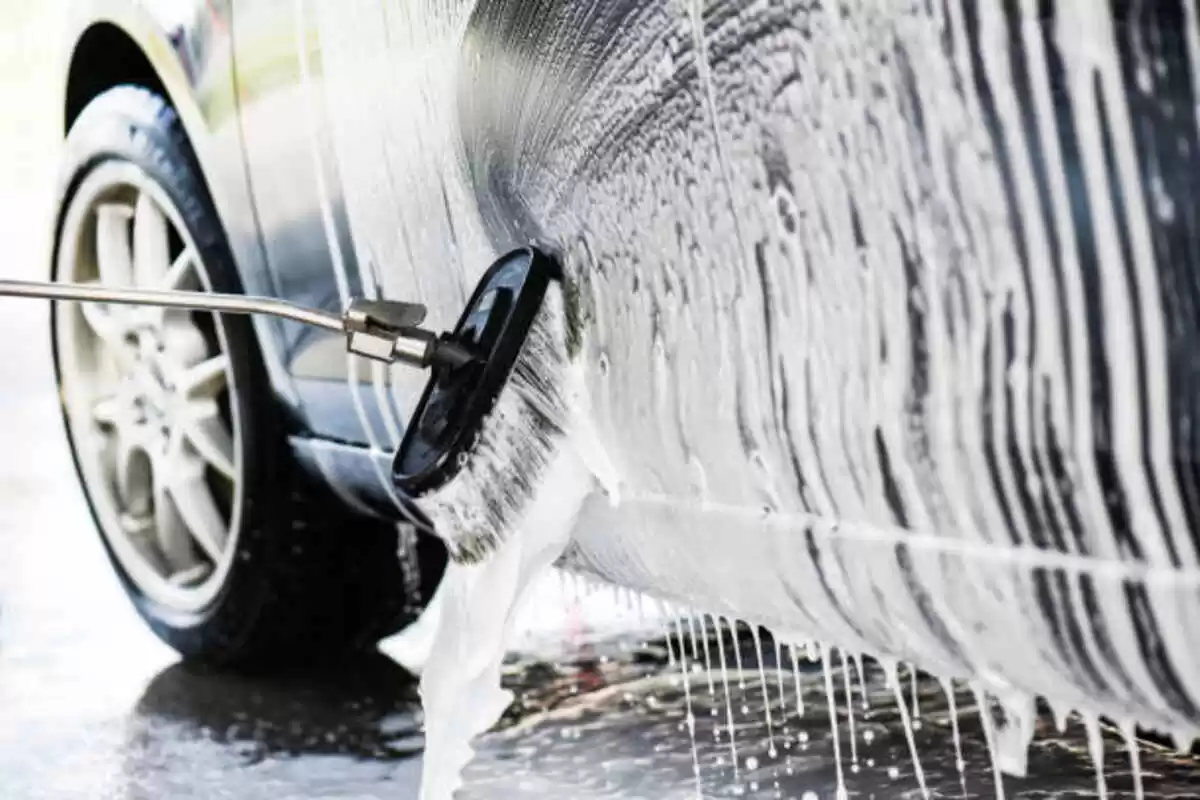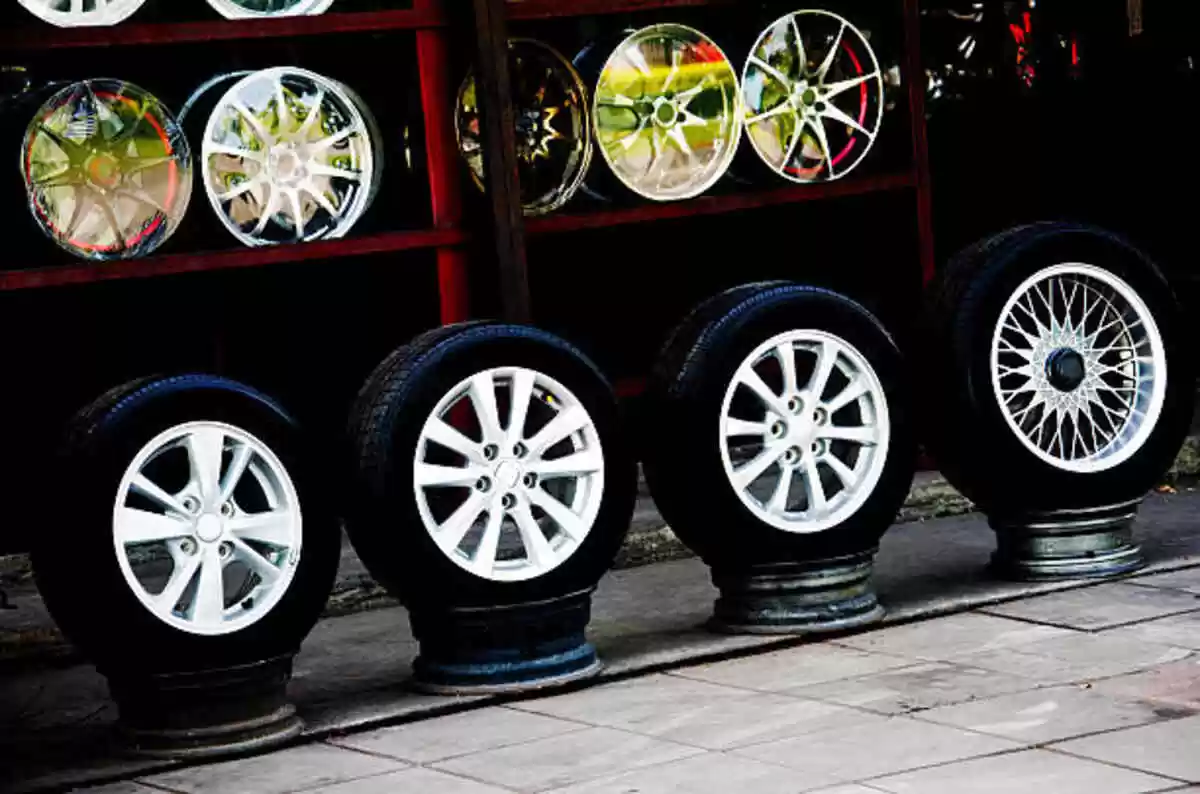A soil-like blend of materials, black mass is composed of valuable graphite, nickel, lithium, cobalt and manganese that allow a battery to store energy.
Li-Cycle is working to build a network of shredding facilities across major North American markets to process batteries scrapped locally. These “spokes,” as the company calls them, will then feed black mass to a centralized plant capable of separating the mix of battery minerals into its constituent parts.
At the company’s “hub,” under construction in Rochester, N.Y., black mass will run through a multistage hydrometallurgy process that includes dissolving the mix of metals in a solution, leaching and purification. Ultimately, the process isolates key elements, such as lithium carbonate, nickel sulfate and cobalt sulfate, readying them for reuse in new batteries.
“There’s no difference between the materials we produce and what the mining industry produces,” Johnston said. “There’s no need for blending or substitution.”









